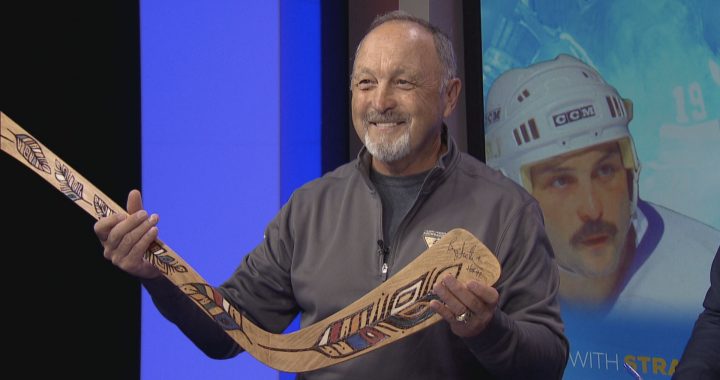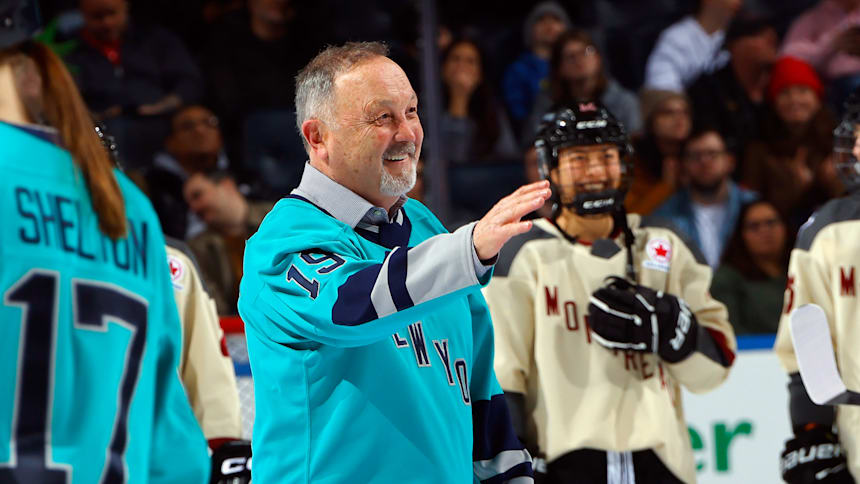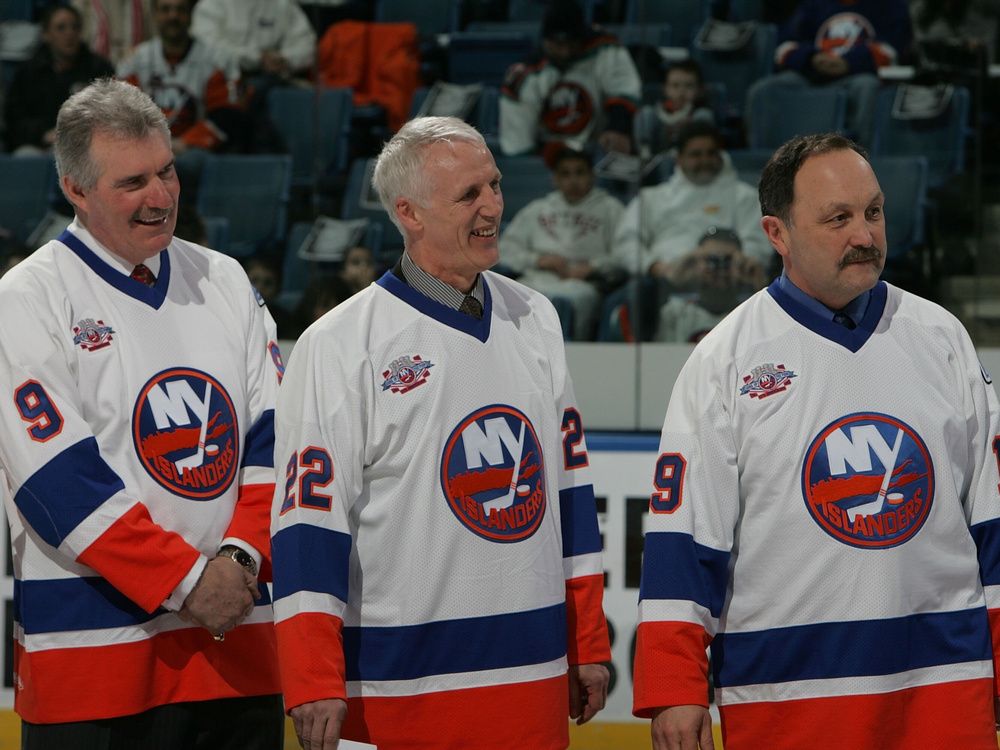Bryan Trottier, a former professional hockey player from Canada and the United States, boasts a net worth of $5 million.
He’s most famous for securing six Stanley Cups with the Islanders and the Penguins.
Throughout his career, Bryan earned $2.12 million in salary, equivalent to around $4.2 million in today’s money.
Born in Val Marie, Saskatchewan, Canada, in July 1956, Trottier played as a center for teams like the Swift Current Broncos and the Lethbridge Broncos in the WCJHL.
Drafted by the New York Islanders of the NHL and the Cincinnati Stingers of the WHA in 1974, he played for the Islanders from 1975 to 1990, and later for the Pittsburgh Penguins from 1990 to 1994.
Bryan Trottier represented both the United States and Canada in international competition.
In 2017, he was honored as one of the 100 Greatest NHL Players in history.
His coaching career kicked off in 2014 when he became an assistant coach for the Buffalo Sabres.
Trottier’s trophy cabinet includes the Calder Memorial Trophy, Art Ross Trophy, Hart Memorial Trophy, Conn Smythe Trophy, and King Clancy Memorial Trophy.
With an impressive nine NHL All-Star Games under his belt, Trottier’s legacy extends beyond his playing days.
He secured Stanley Cups with the Islanders in 1980, 1981, 1982, and 1983, with the Penguins in 1991 and 1992, and with the Colorado Avalanche as an assistant coach in 2001.
Inducted into the Hockey Hall of Fame, his impact on the sport remains unparalleled.
Early life
Playing career
Despite Wayne Gretzky’s dominance in the early 1980s, Trottier’s versatility and defensive prowess earned him accolades.
He was described as a forward with an all-around game, often compared to Milt Schmidt and Gordie Howe.
Trottier was a linchpin for the Islanders, anchoring the line known as “The Trio Grande” alongside Clark Gillies and Mike Bossy.
His partnership with Bossy was particularly dynamic.
In an unconventional move, Trottier chose to play for the United States in the 1984 Canada Cup tournament, citing his Métis ancestry and his wife’s American citizenship.
After 13 seasons with the Islanders, Trottier’s scoring declined, leading to his departure from the team.
He joined the Pittsburgh Penguins, winning two more Stanley Cups in 1991 and 1992.
However, financial troubles prompted his return to the ice for the 1993–94 season before retiring for good.
Awards and Recognitions
Trottier achieved several accolades throughout his career:
- Named to the WCHL All-Star team in 1975.
- A member of seven Stanley Cup-winning teams: four times with the New York Islanders (1980, 1981, 1982, and 1983), twice with the Pittsburgh Penguins (1991 and 1992), and once as an assistant coach with the Colorado Avalanche (2001).
- Selected to nine NHL All-Star Games (1976, 1978, 1980, 1981, 1982, 1983, 1985, 1986, and 1992).
- Chosen for the NHL first All-Star teams in 1978 and 1979.
- Selected for the NHL second All-Star teams in 1982 and 1984.
- Awarded the Calder Memorial Trophy in 1976.
- Earned the Art Ross Trophy and the Hart Memorial Trophy in 1979.
- Named the Conn Smythe Trophy winner in 1980.
- Honored with the King Clancy Memorial Trophy in 1989.
- Received the National Aboriginal Achievement Award in the sports category in 1998, now known as the Indspire Awards.
- Inducted into Canada’s Sports Hall of Fame and the Saskatchewan Sports Hall of Fame in 2016 and 1997, respectively.
Bryan Trottier’s Personal life
Trottier and his wife Kara are parents to four children: Bryan Jr., Lindsy, Tayler, and Christian.
After retiring from professional hockey, Trottier joined the Pittsburgh Phantoms for the 1994 season of the Roller Hockey International league.
Parker Trottier, one of Trottier’s grandsons, captained the United States to victory in the men’s tournament at the 2024 Winter Youth Olympics.


